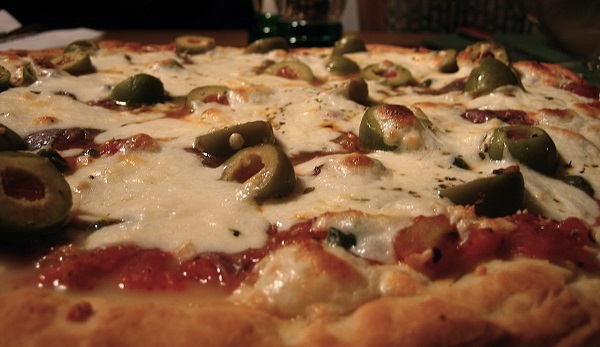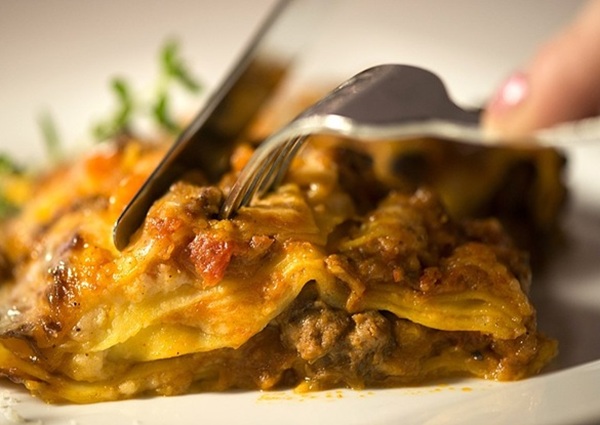Italian DOCG Appellations
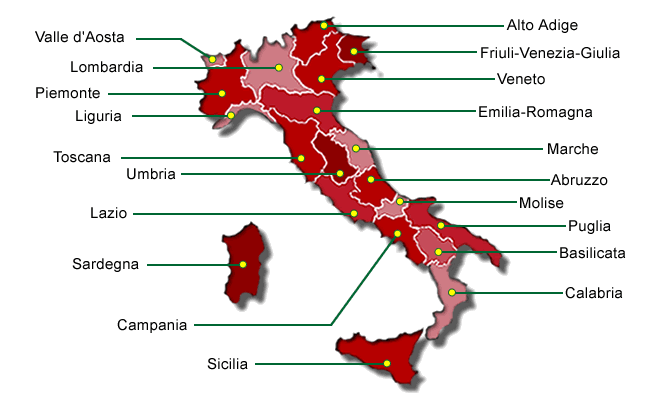
Denominazione di Origine Controllata e Garantita
Denominazione di Origine Controllata e Garantita (DOCG) is a controlled designation of origin for selected wine styles and grapes in the Italian Wine Law from 1963.
DOCG wines are guaranteed the highest quality in the Italian classification system.
There are stricter quality requirements for the production of DOCG than for the wines classified as DOC, Denominazione di Origine Controllata. The Garantia addition also indicates that the quality has been checked by a tasting committee according to the rules that apply in the various DOCG. The designation is marked on the wine's label as well as a banner around the neck of the bottle, green banderole on white wine and pink on red wine. Both DOCG and DOC are classified under DOP, Denominazione di Origine Protetta, which also covers other agricultural products.
The are 78 Italian DOCG appellations (as of 2025):
Piemonte (19 DOCGs) | |
| DOCG Alta Langa | |
| DOCG Asti | 1993 |
| DOCG Barbaresco | 1980 |
| DOCG Barbera d'Asti | 2008 |
| DOCG Barbera del Monferrato superiore | 2008 |
| DOCG Barolo | 1980 |
| DOCG Brachetto d'Acqui | 1996 |
| DOCG Dolcetto di Diano d'Alba | 2010 |
| DOCG Dolcetto di Dogliani Superiore | 2005 |
| DOCG Dolcetto di Ovada Superiore | 2008 |
| DOCG Erbaluce di Caluso | 2010 |
| DOCG Gattinara | 1990 |
| DOCG Gavi (Cortese di Gavi) | 1998 |
| DOCG Ghemme | 1997 |
| DOCG Roero | 2004 |
| DOCG Ruchè di Castagnole Monferrato | 2010 |
| DOCG Nizza | 2014 |
| DOCG Terre Alfieri | 2020 |
| DOCG Cannelli | 2019 |
Veneto (14 DOCGs) | |
| DOCG Amarone della Valpolicella | 2010 |
| DOCG Asolo Prosecco (Colli Asolani Prosecco) | 2009 |
| DOCG Bagnoli Friularo (Friularo di Bagnoli) | 2011 |
| DOCG Bardolino Superiore | 2001 |
| DOCG Colli Euganei Fior d'Arancio | 2011 |
| DOCG Colli di Conegliano | 2011 |
| DOCG Conegliano Valdobbiadene Prosecco | 2009 |
| DOCG Montello Rosso (Montello) | 2011 |
| DOCG Piave Malanotte (Malanotte del Piave) | 2011 |
| DOCG Recioto della Valpolicella | 2010 |
| DOCG Recioto di Gambellara | 2009 |
| DOCG Recioto di Soave | 1998 |
| DOCG Soave Superiore | 2002 |
| DOCG Lison | 2010 |
Toscana (11 DOCGs) | |
| DOCG Brunello di Montalcino | 1980 |
| DOCG Carmignano | 1990 |
| DOCG Chianti | 1984 |
| DOCG Chianti Classico | 1986 |
| DOCG Elba Aleatico Passito | 2011 |
| DOCG Montecucco Sangiovese | 2011 |
| DOCG Morellino di Scansano | 2007 |
| DOCG Suvereto | 2011 |
| DOCG Val di Cornia Rosso | 2011 |
| DOCG Vernaccia di San Gimignano | 1993 |
| DOCG Vino Nobile di Montepulciano | 1980 |
Lombardia (5 DOCGs) | |
| DOCG Franciacorta | 1995 |
| DOCG Oltrepò Pavese Metodo Classico | 2007 |
| DOCG Moscato di Scanzo | 2009 |
| DOCG Sforzato di Valtellina | 2003 |
| DOCG Valtellina Superiore | 1998 |
Marche (5 DOCGs) | |
| DOCG Castelli di Jesi Verdicchio Riserva | 2010 |
| DOCG Conero | 2004 |
| DOCG Offida | 2011 |
| DOCG Verdicchio di Matelica Riserva | 2010 |
| DOCG Vernaccia di Serrapetrona | 2004 |
Friuli-Venezia Giulia (4 DOCGs) | |
| DOCG Colli Orientali del Friuli Picolit | 2006 |
| DOCG Lison | 2010 |
| DOCG Ramandolo | 2001 |
| DOCG Rosazzo | 2011 |
Campania (4 DOCGs) | |
| DOCG Aglianico del Taburno | 2011 |
| DOCG Fiano di Avellino | 2003 |
| DOCG Greco di Tufo | 2003 |
| DOCG Taurasi | 1993 |
Puglia (4 DOCGs) | |
| DOCG Castel del Monte Bombino Nero | 2011 |
| DOCG Castel del Monte Nero di Troia Riserva | 2011 |
| DOCG Castel del Monte Rosso Riserva | 2011 |
| DOCG Primitivo di Manduria Dolce Naturale | 2011 |
Lazio (3 DOCGs) | |
| DOCG Cannellino di Frascati | 2011 |
| DOCG Cesanese del Piglio | 2008 |
| DOCG Frascati Superiore | 2011 |
Umbria (2 DOCGs) | |
| DOCG Montefalco Sagrantino | 1992 |
| DOCG Torgiano Rosso Riserva | 1990 |
Abruzzo (2 DOCGs) | |
| DOCG Montepulciano d'Abruzzo Colline Teramane | 2003 |
| DOCG Tullum (Terre Tollesi) | 2019 |
Emilia-Romagna (2 DOCGs) | |
| DOCG Colli Bolognesi Classico Pignoletto | 2010 |
| DOCG Romagna Albana | 1987 |
Basilicata (1 DOCG) | |
| DOCG Aglianico del Vulture Superiore | 2010 |
Sicilia (1 DOCG) | |
| DOCG Cerasuolo di Vittoria | 2005 |
Sardegna (1 DOCG) | |
| DOCG Vermentino di Gallura | 1996 |
Italian Wine Laws DOC(G)
Italian DOC wine law and labels was introduced in 1963.
The Italian DOC system was designed to copy the French AOC system.
Each bottle must have a numbered government seal, and the DOC rules must define:
- Grape varieties
- Yield limits
- Grape ripeness
- Winemaking procedures
- Barrel and bottle maturation
- Tasting procedures
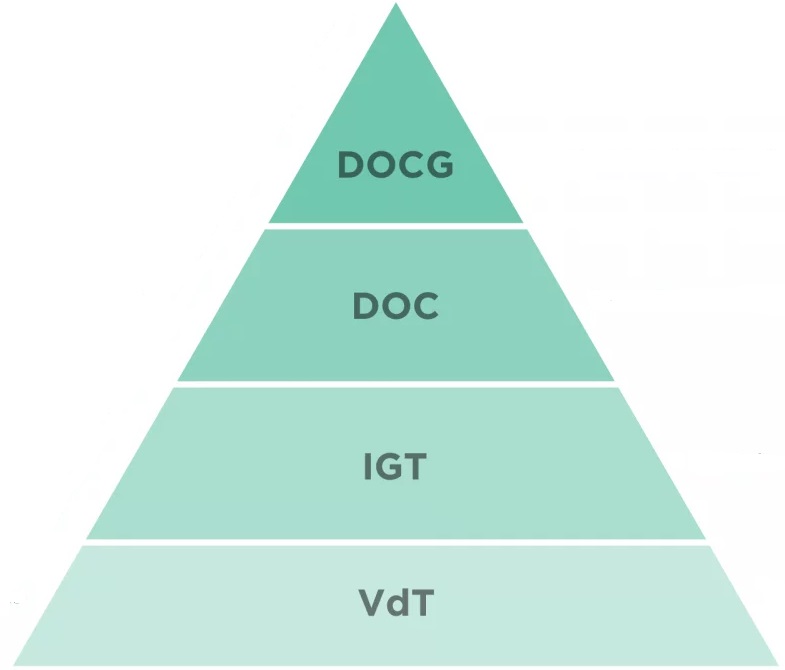
VdT Wines
VdT - Vino da Tavola (Table Wine)
VdT is the lowest level of wine classification in Italy. It is typically designed for high volume bulk wines intended for daily consuption.
In 2008, the EU adopted new rules for wines which included that producers are allowed to indicate the grape varieties and vintage on the label of table wine.
IGT Wines
IGT - Tipica Indicazione Geografica
(Typical geographical indication)

IGT wines are regulated by a set of production regulations and are distinguished by an area of origin which is generally rather large. The production regulations must contain:
- The name of the wine
- The name of the geographical area
- The name of the allowed grape varieties
- The maximum yield of grapes per hectare
- The minimum alcohol content of the wines
- The allowed types of wine
- The allowed production practices
DOC Wines
DOC - Denominazione di Origine Controllata
(Controlled designation of origin)
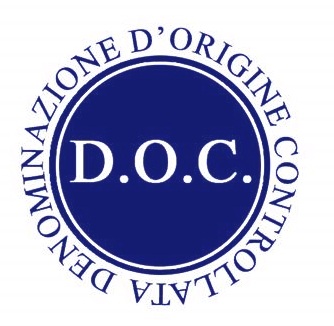
The DOC reulations regulates production areas, grape varieties, bottle and barrel aging, alcohol levels, and vinification techniques.
The production regulations of DOC wines must contain:
- The name of the appellation (the DOC)
- The name of the area of origin of the grapes
- The name of the area where the wine can be bottled
- The maximum yield of grapes and wine per hectare
- The minimum ripeness of the grapes
- The minimum alcohol content of the wines
- The production conditions (climate, soil, elevation)
- The types of training systems and pruning
- The minimum period of ageing in wood and in bottle
- How the sensory analysis examinations are to be carried out
DOC wines are subject to physical, chemical and organoleptic tests during the production stages. The test are carried out by special examination panels.
Both DOCG and DOC wines are also classified under DOP (Denominazione di Origine Protetta) which also covers other agricultural products.
DOCG wines
Denominazione di Origine Controllata e Garantita
(Controlled designation of origin guaranteed)
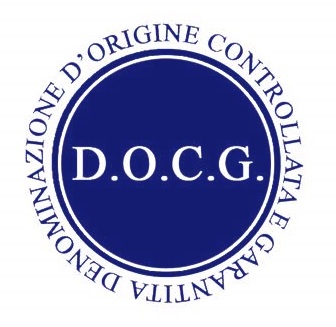
The DOCG was created in 1980 in response to the criticisms that there were too many DOCs and their quality was variable.
DOCG wines are guaranteed the highest quality in the Italian classification system.
DOCG contains the same regulations as the DOC. In addition, each DOCG-labeled wine must be bottled within the production area, and pass a wine quality tasting panel.
The DOCG wines are regulated by a set of production regulations and are distinguished by a very precise area of origin which may also include sub-areas covering a certain village, hamlet, farm, or vineyard.
A DOCG can be a category within a DOC area, for example, a DOCG may exist for a small area within a DOC area or for a version of a DOC appellation e.g. for the 'Superiore' version of a DOC wine.
The production regulations of DOCG wines include the same sort of rules as the DOC wines but with tighter parameters.
The law foresees that the DOCG status be awarded to wines which have been DOC wines for at least 5 years. DOCG wines must pass a double test with the second checks being carried out during the bottling stage. It is obligatory to indicate the vintage on the label (except for sparkling wines).
The Garantia addition also indicates that the quality has been checked by a tasting committee according to the rules that apply in the various DOCG. The designation is marked on the wine's label as well as a banner around the neck of the bottle, green banderole on white wine and pink on red wine.
Both DOCG and DOC wines are also classified under DOP (Denominazione di Origine Protetta) which also covers other agricultural products.
The are 78 Italian DOCG appellations (as of 2024)
PDO Products
PDO - Protected Designation of Origin
In Italian: DOP - Denominazione D'Origine Protetta
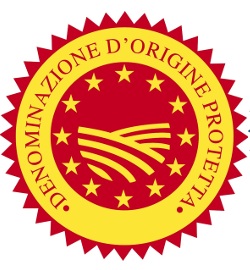
138 Italian products have DOP status(denominazione origine protetta)
DOP is a protection mark for the designation of origin, awarded by law, to food and wines which have particular characteristics, mainly or exclusively to the area where they are produced.
The geographical environment includes natural factors (climate, environmental characteristics) and human factors (production techniques and craftsmanship), which produce a unique product which cannot be replicated outside of a given area.
For a product to get a DOP status, all phases of production, processing and preparation must take place within a defined geographical area.
A producer of DOP prdoducts must follow strict rules set out in the production regulations. Compliance of these rules is checked by a specific body.
To distinguish DOP from IGP, the colours of the DOP logo have been changed from yellow and blue to yellow and red.
PGI Products
PGI Protected Geographical Indication
In Italian: IGP - Indicazione Geografica Protetta
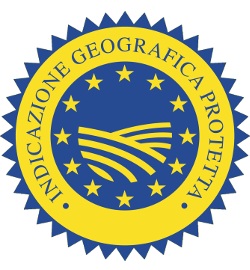
IGP is a mark of origin given to wine and food products which have a certain quality, reputation from the geographical area in which they are produced.
Producers must follow strict rules set out in the regulation. Compliance of the rules is checked by a specific body.
TSG Products
TSG - Traditional Speciality Guaranteed
In Italian: STG - Specialita Tradizionale Garantità
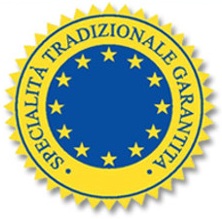
TSG is a mark for traditional food products protected under European Union and/or United Kingdom law. It differs from PDO and PGI in that TSG does not certify that the protected product has a link to a specific geographical area.
4 Italian products are traditional speciality guaranteed (TSG):
